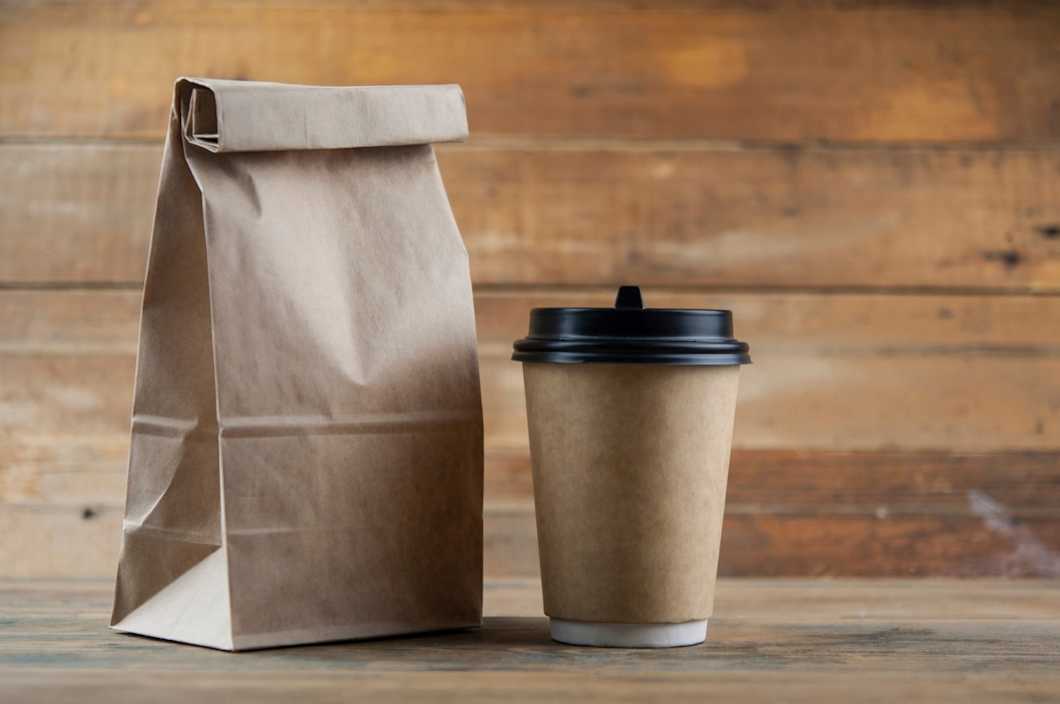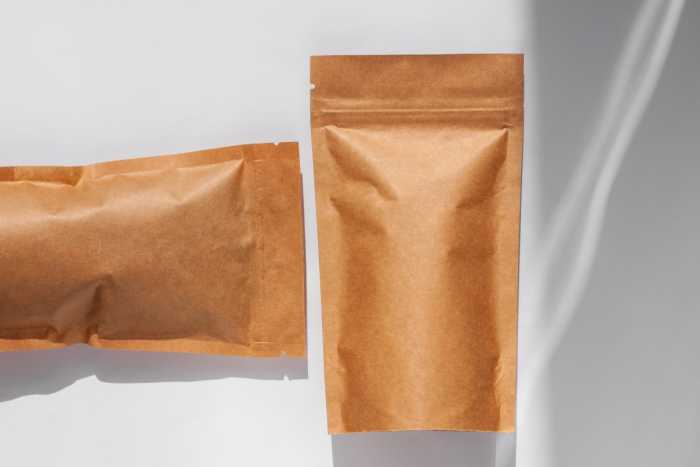Food contact material testing services

- Fast turnaround times
- Personal service from method experts
- Competitive prices
- Result accuracy guarantee
Migration testing
The purpose of overall and specific migration tests is to measure the quantity of potentially harmful substances that may migrate from a food contact material into food. All plastic food contact materials sold in the EU must undergo overall migration testing, while the extent of specific migration testing depends on the composition of the material and the risks associated with it. Tests need to cover non-intentionally added substances (NIAS) in addition to known starting substances and additives.
Recycled materials generally require more extensive testing than virgin ones, as they are more prone to contamination and degradation. Examples of recommended extra tests include primary aromatic amine screening from recycled plastics and MOSH and MOAH testing of recycled paper and board.
Measurlabs offers migration testing for all materials, from traditional plastics to ceramics, metals, paper, board, and novel biobased materials. Our experts can also help select the testing conditions, which are chosen based on applicable regulations, material characteristics, and the types of food it is used with.
We have experience conducting migration testing according to EU, FDA, Chinese, Japanese, and South Korean regulations. Do not hesitate to contact us to get an offer for a comprehensive testing package tailored to your material and market area.

Sensory analysis
Food contact materials should not alter the taste or smell of food in a detrimental way. This is ensured with sensory analysis, which can be performed by EN 1230 or DIN 10955 standards. The EN standard is intended for paper and board FCMs, whereas DIN 10955 is applicable to all food contact materials.
Sensory analysis – transfer of odor and flavor from food contact materials (DIN 10955)
Sensory analysis – odor and flavor (EN 1230-1 and -2)
Prices excluding VAT.
Mechanical and thermal properties
In addition to being chemically safe, food contact materials should withstand typical mechanical and thermal stresses they may encounter using transport, storage, and use. Some of the most common performance tests specific to food contact materials include mechanical dishwashing resistance and microwave resistance testing. Tensile and compression strength, barrier properties, and other performance indicators should also be evaluated to ensure optimal performance.
Dishwasher safe test with 125 wash cycles
Rapid dishwasher-safe test for ceramics
Microwave-safe test
Oven-safe test for cookware
Freezer-safe test
Water vapor transmission rate (WVTR) of packages
Oxygen transmission rate (OTR) of packages
Tensile properties of plastic films by ISO 527-3
Prices excluding VAT.
Questions?
Food contact material testing expert Niko Markkinen is happy to help.
EU compliance testing packages
If you're unsure where to start, our compliance testing packages for different types of food contact materials are a great option. They contain all the tests most commonly required by EU legislation and can be customized based on the properties of the assessed material. More information can be found through the links below:
Testing package for single-use plastic food contact materials
Testing package for nitrile gloves in food contact applications
Please also note that our experts can prepare similar compliance testing packages for other materials and according to additional regulations, including FDA, Japanese, Chinese, and South Korean ones.
Get a quote
Fill in the form, and we'll reply in one business day.
Have questions or need help? Email us at info@measurlabs.com or call our sales team.
